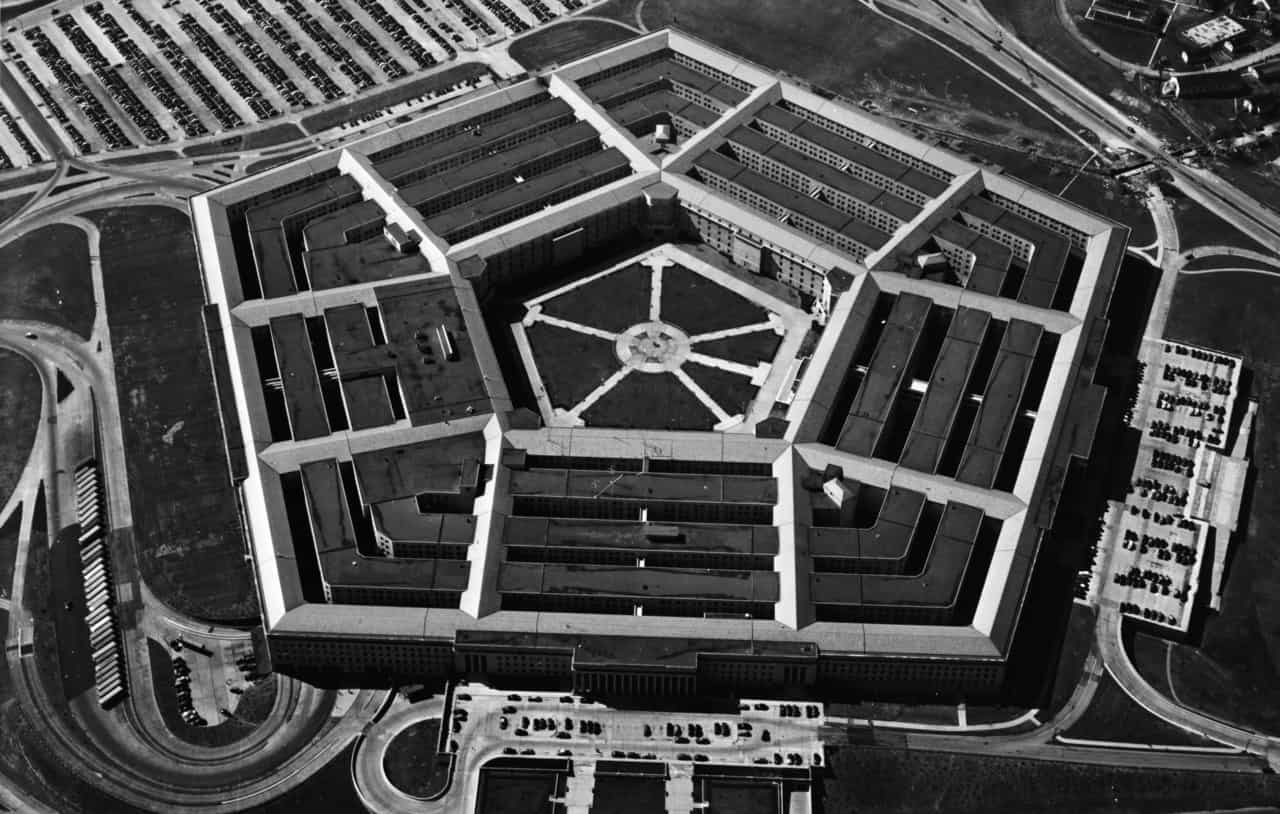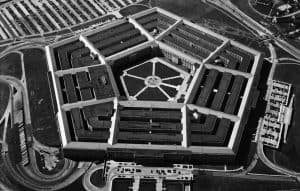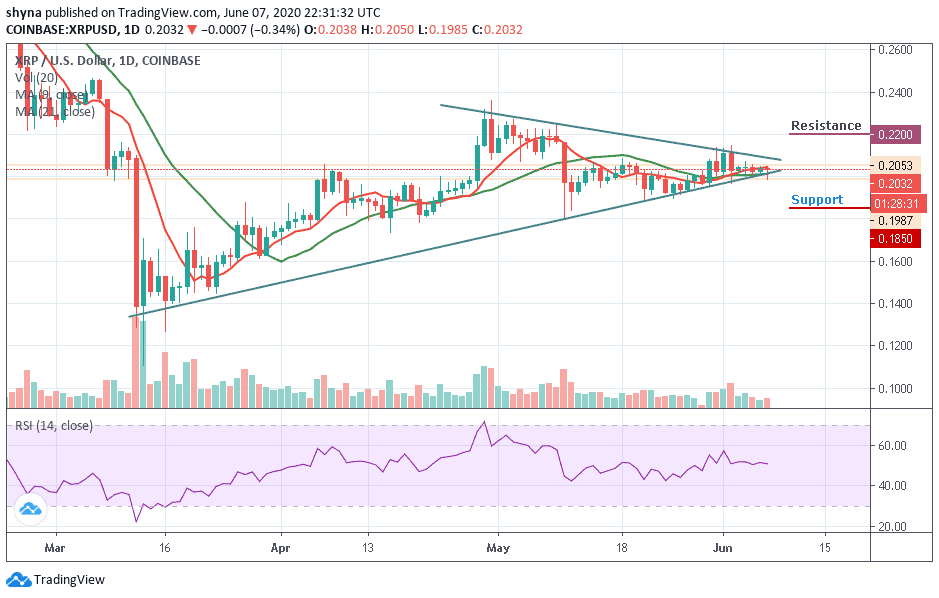Join Our Telegram channel to stay up to date on breaking news coverage
Cryptocurrencies have been on the path towards government regulation for years. However, while Washington and Capitol Hill remain unconvinced, it would appear that the Pentagon is having a change of heart. Last weekend, The Intercept published documents which showed that the United States military had created a Bitcoin-powered game back in 2018.
Bitcoin Fuelling Dissent
As the documents revealed, the Pentagon’s game was called the 2018 Joint Land, Air and Sea Strategic Special Program (JLASS). The game appeared to have been targeted towards members of Generation Z – that is, people born no earlier than the mid-1990s.
Players in the game would reportedly be given cash rewards to attack financial institutions, corporations, and non-profit organizations that support “the establishment.” It’s the quintessential anti-establishment game, with a catch: players receive Bitcoin as their rewards.
The documents revealed that “Zbellion” (rebellions that players end up stirring) use software programs to reroute cash proceeds into laundering programs. The proceeds are ultimately converted to Bitcoin, then Zbellion gives them to “worthy recipients” across the world.
The Pentagon’s game cites the world’s governments for providing misleading information into their official websites to spread confusion and distrust. As citizens lose faith in the government, they join the Zbellion and begin to work as hacktivists and freedom fighters.
In many ways, the game does echo the state of the world right now. Protests have broken out across the United States, and the United States is dealing with an administration that hasn’t handled the coronavirus pandemic optimally.
The Establishment’s Prejudicial Problem
However, the Pentagon’s decision to use Bitcoin as the game’s “official” currency continues to play on a somewhat prejudiced view of the asset. To be fair, Bitcoin did start as a currency for people who wanted to be free of government control. The asset’s entire reason or being is to enable transactions without the need for a middleman – essentially, the “establishment.” So, it would be a perfect currency for use in a game that tries to stir dissent.
However, it goes to show that Bitcoin perhaps still doesn’t have the best reputation with the government. While the asset started as a form of dissent and thrived in its significant years on the Dark Web, it has since evolved significantly.
Investors have flocked to Bitcoin to help diversify their portfolios, and companies have recognized its benefit as a payment method. Bitcoin was the best-performing investment vehicle of the past decade, and it has so far managed to weather the storm of the coronavirus. At the same time, the traditional market continued to slump for weeks.
Despite this, however, the government appears bent on seeing the asset as a form of rebellion. This hurts the prospect of Bitcoin—and crypto adoption as a whole – from Washington. But, prejudice isn’t the only problem. Most leaders still struggle with understanding how cryptocurrencies work or what they should do. However, getting them interested in learning more about the asset will be to rid them of that prejudice.
It doesn’t matter how much industry insiders, heavyweights, and lobbyists try to bring the issue of Bitcoin adoption up. If politicians continue to see the asset as no more than a tool for dissent, they won’t allow it.
Join Our Telegram channel to stay up to date on breaking news coverage


